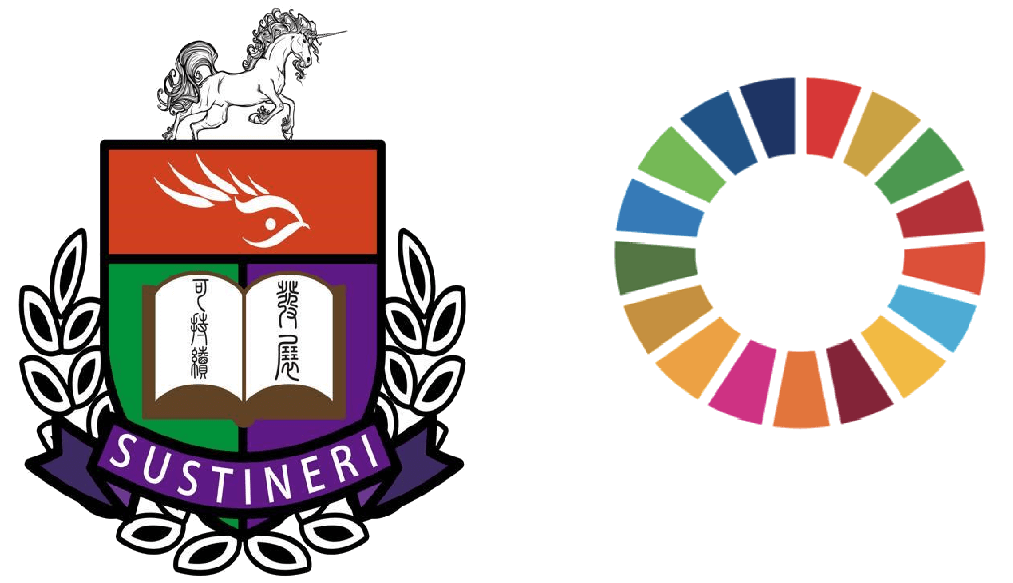Sustainability offers various benefits to the Hong Kong Fashion and Textile Industry, for example, cost saving, improved reputation, environmental protection, social responsibility, risk management, and market competitiveness. By adopting sustainable practices, the industry can become more resilient, innovative, and competitive, in the long run. As […]
With the rising attention to climate change, green manufacturing has become the latest trend for the fashion and textile industries around the globe. Enterprises, including large-scale international fashion corporations, have started to establish their own timetables to go green and sustainable. According to the “2022 […]
In response to the growing attention to sustainability and green manufacturing trends, large-scale fashion and textile corporations worldwide strive to enhance their efforts to sustainable operations and green manufacturing. This study categorised those practices into six major aspects – Carbon Targets, Energy Technologies, Sustainable Materials, […]
In view of the growing trends of sustainability and green manufacturing in the fashion and textile industry, the Institute of International Sustainable Development (ISD) has initiated a project entitled “The road to sustainability – a study on sustainable development of Hong Kong fashion and textile […]
With growing attention to climate change and other social challenges, and to reach the worldwide pathway laid out by the Paris Agreement, many countries and regions have introduced their sustainability agendas with targets, policies, regulations, or guidelines, which directly impact industries. As manufacturers, fashion and […]
Green manufacturing has become the latest trend for the fashion and textile industry globally because of the increasing awareness of sustainability. Some recent technologies have been developed to move towards green manufacturing including materials development, recycling, digitalisation, etc. Three examples of innovative technology related to […]
The ongoing global energy crisis has prompted the world to recognise energy efficiency as a crucial solution[1]. In line with this trend, the Hong Kong government has prioritised energy efficiency since 2015[2], and fashion and textile manufacturers are increasingly exploring ways to reduce energy consumption […]
The fashion and textile industry is water-intensive and generates amounts of wastewater. Wastewater is produced during the wet processing of textiles such as bleaching, dyeing, and finishing. It often consists of hazardous chemicals, including chlorides, nitrates, lead, biological oxygen demand (BOD), and chemical oxygen demand […]
Greenhouse Gases (GHG) can absorb heat in the atmosphere, thereby causing global warming. The major GHG emitted from human activities include carbon dioxide, methane, nitrous oxide, and fluorinated gases. In practice, GHG emissions are often presented in the unit of carbon dioxide equivalent, and are […]
“Sustainable development is development that meets the needs of the present without compromising the ability of future generations to meet their own needs.” – Our Common Future, 1987, UN World Commission on Environment and Development With a growing attention on global warming and climate changes, sustainability […]




